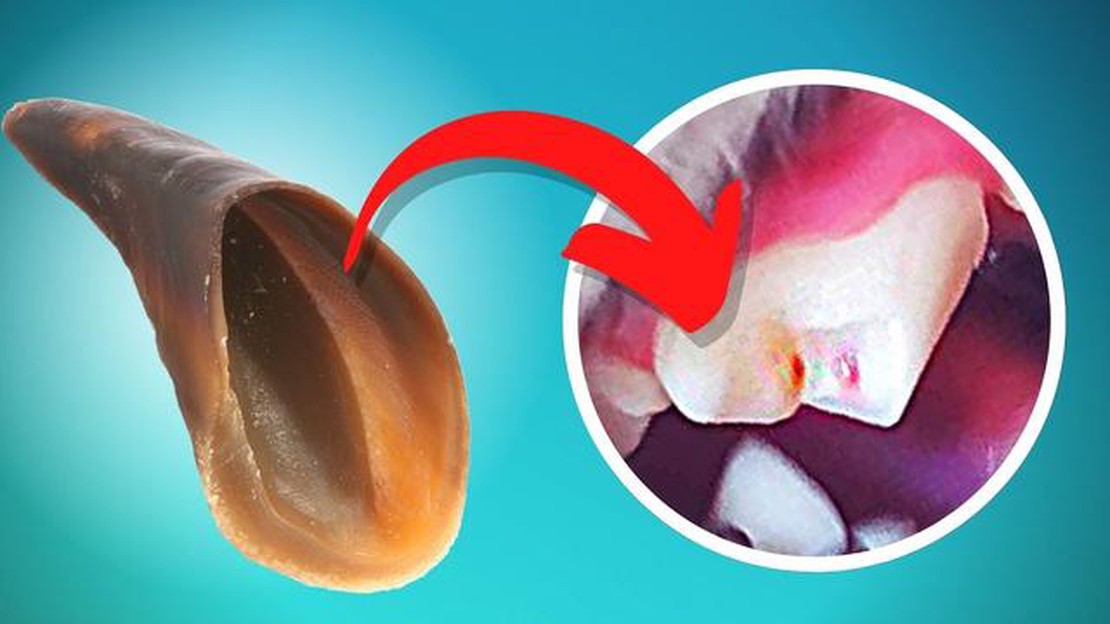Trifexis vs Bravecto: Which is the Best Option for Pet Parasite Prevention?
Trifexis Vs Bravecto When it comes to protecting your furry friend from parasites, choosing the right prevention method is crucial. Trifexis and …
Read Article
Feeding dogs a balanced and nutritious diet is crucial for their overall health and well-being. While many pet owners rely on commercial dog food, there is increasing interest in incorporating natural and homemade ingredients into their pets’ diets. One such ingredient is beef lungs.
Beef lungs are a nutrient-rich organ meat that can provide numerous benefits for dogs. They are an excellent source of protein, containing all the essential amino acids necessary for a dog’s growth and development. In addition, beef lungs are packed with vitamins and minerals, including vitamin A, vitamin C, iron, and calcium.
One of the primary benefits of feeding beef lungs to dogs is their high protein content. Protein plays a crucial role in maintaining and repairing cells, tissues, and muscles, making it essential for a dog’s overall health and vitality. Additionally, protein helps support a strong immune system, aids in digestion, and improves skin and coat health.
Another advantage of including beef lungs in a dog’s diet is their low fat content. Dogs need a certain amount of fat in their diet for energy and the absorption of fat-soluble vitamins. However, excess fat can lead to obesity and various health issues. Beef lungs provide a lean source of protein without adding excessive amounts of fat to a dog’s diet.
Beef lungs, also known as “lights,” are a source of nutrition for both humans and animals. They are often included in pet food formulations due to their nutrient-rich composition. Here are some key nutritional components found in beef lungs:
Due to their nutrient profile, beef lungs can be a valuable addition to a dog’s diet. However, it’s important to note that they should be included as part of a balanced diet and in moderation.
Beef lungs can be a nutritious addition to your dog’s diet due to the following health benefits:
Read Also: Effective Homemade Aggressive Dog Repellent Recipes
While beef lungs offer several health benefits, it’s essential to consult with your veterinarian before adding them to your dog’s diet. They can provide guidance on appropriate serving sizes and help determine if beef lungs are suitable for your dog’s specific dietary needs.
While beef lungs can offer nutritional benefits to dogs, there are also potential risks and considerations to keep in mind before incorporating them into your pet’s diet:
If you are considering feeding beef lungs to your dog, it is always best to consult with your veterinarian first. They can provide guidance based on your dog’s specific dietary needs and health condition. Additionally, always choose high-quality, reputable sources for beef lungs to reduce the risk of contamination and ensure the safety of your pet.
When it comes to feeding beef lungs to your dog, it is important to consider several factors to ensure they are getting the right amount and frequency of this organ meat. Here are some feeding recommendations and serving suggestions to keep in mind:
Overall, beef lungs can provide several benefits for dogs when fed in moderation and as part of a balanced diet. However, it is always best to consult with your veterinarian and consider your dog’s individual needs before making any changes to their diet.
Yes, dogs can eat beef lungs, and it can be a beneficial addition to their diet.
Read Also: Are Hound Dogs Aggressive? Understanding the Temperament of Hound Breeds
Beef lungs are a good source of protein, vitamins, and minerals for dogs. They are also low in fat and cholesterol.
Yes, beef lungs are generally safe for dogs to consume. However, it is important to ensure that the lungs come from a high-quality source and are properly cooked to reduce the risk of bacterial contamination.
Beef lungs should be thoroughly cooked before being fed to dogs. This can be done by boiling, steaming, or baking them.
While beef lungs are generally safe for dogs, it is possible for some dogs to have allergies or sensitivities to certain proteins. It is always a good idea to introduce new foods gradually and monitor your dog for any adverse reactions.
Chewing on beef lungs can help promote dental health in dogs by removing plaque and tartar buildup. However, it should not be the sole method of dental care, and regular brushing is still necessary.
Trifexis Vs Bravecto When it comes to protecting your furry friend from parasites, choosing the right prevention method is crucial. Trifexis and …
Read ArticleCan Dog Food Be Stored In Garage As a pet owner, you may be wondering whether it is safe to store your dog’s food in the garage. While convenience may …
Read ArticleSoaking Dogs Paws In Baking Soda Welcome to [Your Website Name]! Is your furry friend experiencing discomfort or irritation in their paws? Look no …
Read ArticleDog Ate Cardboard If you’re a dog owner, you know that dogs have a knack for getting into things they shouldn’t. One common issue that many dog owners …
Read ArticleGirl Dog In Secret Life Of Pets The Secret Life of Pets is a heartwarming animated film that takes you on a journey into the secret lives of our …
Read ArticleBag Balm For What Is It For? Are you seeking a solution that can cater to all your needs? Look no further than Bag Balm. This multipurpose product is …
Read Article